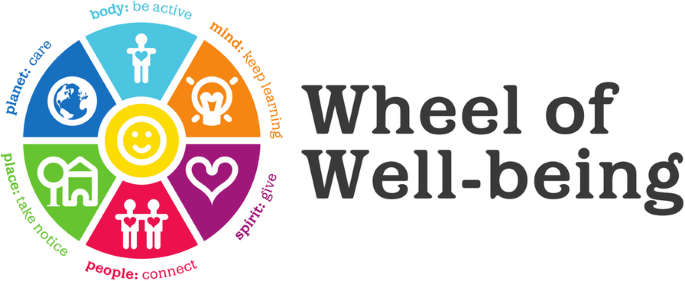Tips for Improving Heart Health and Lowering the Risk of Heart Disease
Enhancing Cardiovascular Function and Reducing the Risk of Heart Disease
Heart Health Strategies for Enhancing Cardiovascular Function and Reducing the Risk of Heart Disease
* Risk Factors
Heart disease is one of the leading causes of death worldwide. There are several risk factors that can increase a person's chances of experiencing heart health problems, such as:
> Smoking: Smoking is a major risk factor for heart disease. Cigarettes contain harmful ingredients that can damage blood vessels and increase blood pressure.
> Unhealthy diet: An unhealthy diet that is rich in fat, cholesterol and sodium can increase the risk of heart disease.
> Obesity: Being too fat can increase the risk of heart disease by increasing blood pressure and cholesterol levels in the blood.
> Lack of physical activity: Living a sedentary lifestyle can increase the risk of heart disease by leading to increased body weight and blood pressure.
> Family history: People who have a family history of heart disease have a higher risk of developing it.
> Age: The older you are, the greater your risk of developing heart disease.
High blood pressure: Persistently high blood pressure can damage blood vessels and increase the risk of heart disease.
> High cholesterol levels: Persistently high cholesterol levels can build up in the walls of blood vessels and increase the risk of heart disease.
* How to maintain heart health
 |
| Heart Health |
Here are some ways you can do to maintain health
> Exercise regularly: Regular exercise can help maintain an ideal weight and blood pressure, and also improve overall heart health
> Avoid smoking and exposure to secondhand smoke: Smoking is a major risk factor for heart disease, which is why it is very important to avoid smoking and exposure to secondhand smoke.
> Eat a healthy diet: Eating a diet rich in fiber, vegetables, fruits, and plant protein can help keep your heart healthy. Avoid eating foods high in fat, sodium and cholesterol.
Control blood pressure: Constantly high blood pressure can damage blood vessels and increase the risk of heart disease. Therefore, it is very important to maintain blood pressure within the normal range.
> Control cholesterol levels: Cholesterol levels that are consistently high can build up in the walls of blood vessels and increase the risk of heart disease. Therefore, it is very important to maintain cholesterol levels within the normal range.
> Weight control: Keeping your weight within a normal range can help keep your heart healthy and lower your risk of heart disease.
> Avoid stress: Stress can increase blood pressure and trigger heart health problems. Therefore, it is very important to find ways to deal with stress, such as exercising, meditating, or talking to friends or family.
> Consultation with a doctor: Consulting a doctor regularly can help identify heart health problems early and start the right treatment.
Don't let heart health problems diminish your quality of life. Follow these proven tips for improving heart health and reducing your risk of heart disease today!
Conclusion
Maintaining heart health is very important to ensure long-term health. Some of the main risk factors for heart disease include smoking, unhealthy diet, obesity, lack of physical activity, family history, age, high blood pressure and high cholesterol levels. However, there are several ways you can do to maintain heart health, such as exercising regularly, eating a healthy diet, keeping blood pressure and cholesterol levels in check.
R E A D :The Garlic Revolution: Unlocking the Health Benefits and Culinary Wonders of the Mighty Bulb






